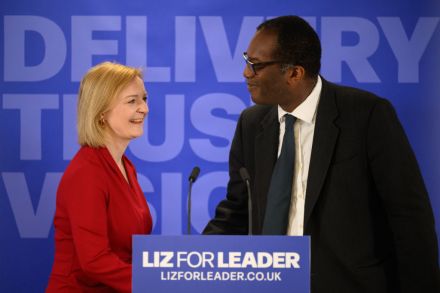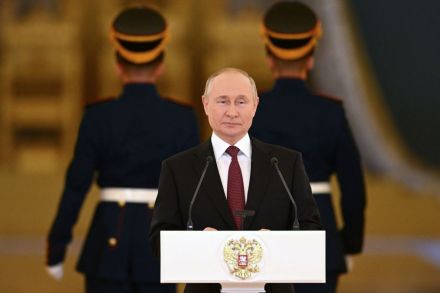Oliver Basciano, Mary Wakefield and Fiona Mountford
20 min listen
This week on Spectator Out Loud, Oliver Basciano warns that we should brace ourselves for a coup in Brazil (00:53). Then, is three – or more – a crowd? Mary Wakefield discuses this in her Spectator column (08:41), before Fiona Mountford tells us about the sad demise of church pews (14:55). Produced and presented by Oscar Edmondson.





















